A Day In The Life: David Belson
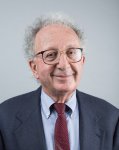
David Belson, a professor in the USC Viterbi Daniel J. Epstein Department of Industrial and System Engineering, works with many hospitals to improve processes, reduce costs and increase productivity. In recent years he has worked for the U.S. Veterans Health Administration and many local hospitals. He shared with us how he makes the most of each day, from following—or not following—routines to toppling roadblocks and finding time to decompress.
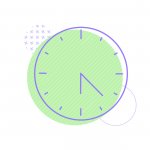
When do you wake up?
Usually between 6 and 6:30 a.m.
What must you do before starting your workday?
Have tea, check email and online news, and eat breakfast.
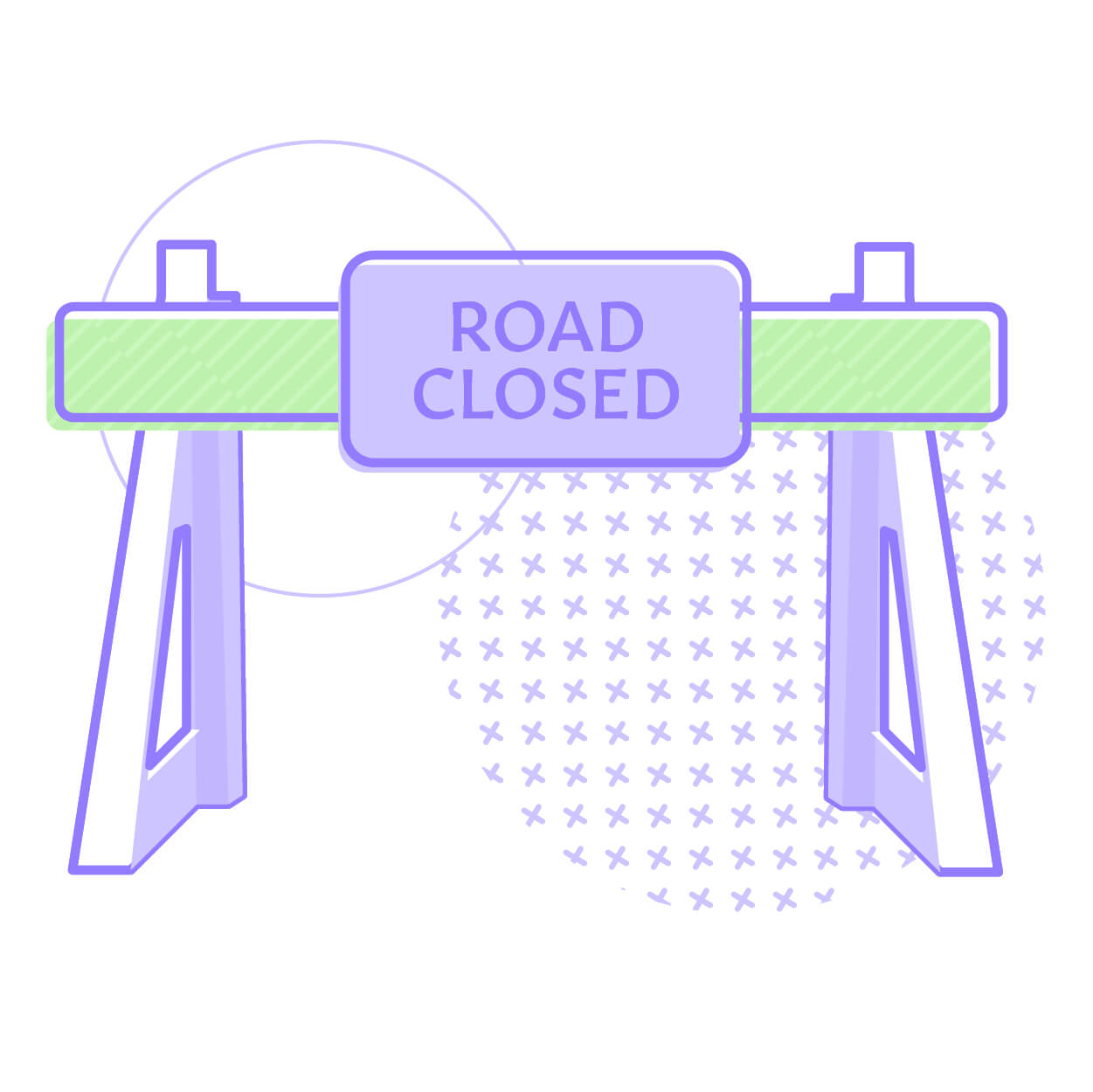
On any given day, what are some of the biggest roadblocks you face?
Managing my time so that important things get done. I keep a prioritized list of to-dos on paper, but I don’t always follow it.
What’s your most productive time of day?
The morning, but it’s not much different during the afternoon.
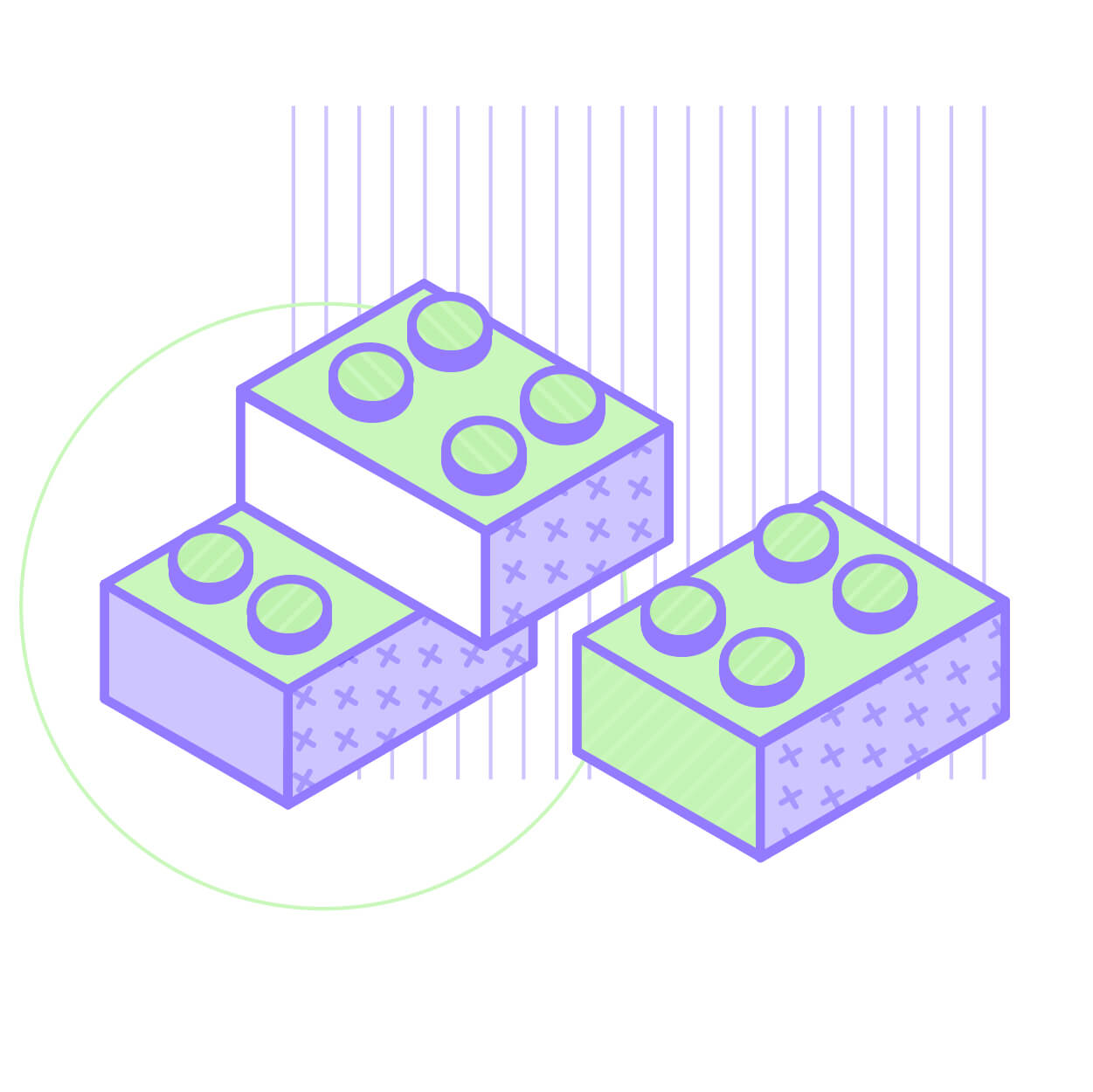 How do you approach a difficult situation?
How do you approach a difficult situation?
Try to break it into pieces — decomposition is a great tool. For example, I worked last semester with a group of students on a project to improve on how a large hospital manages the flow of patients visiting their clinics. Given there were very many interlocking problems and a complex system overall, it was impossible to solve all at once and the students were at a loss. I explained that breaking down how the system works and separating the issues made the assignment feasible. They were able do it in small bites at a time.
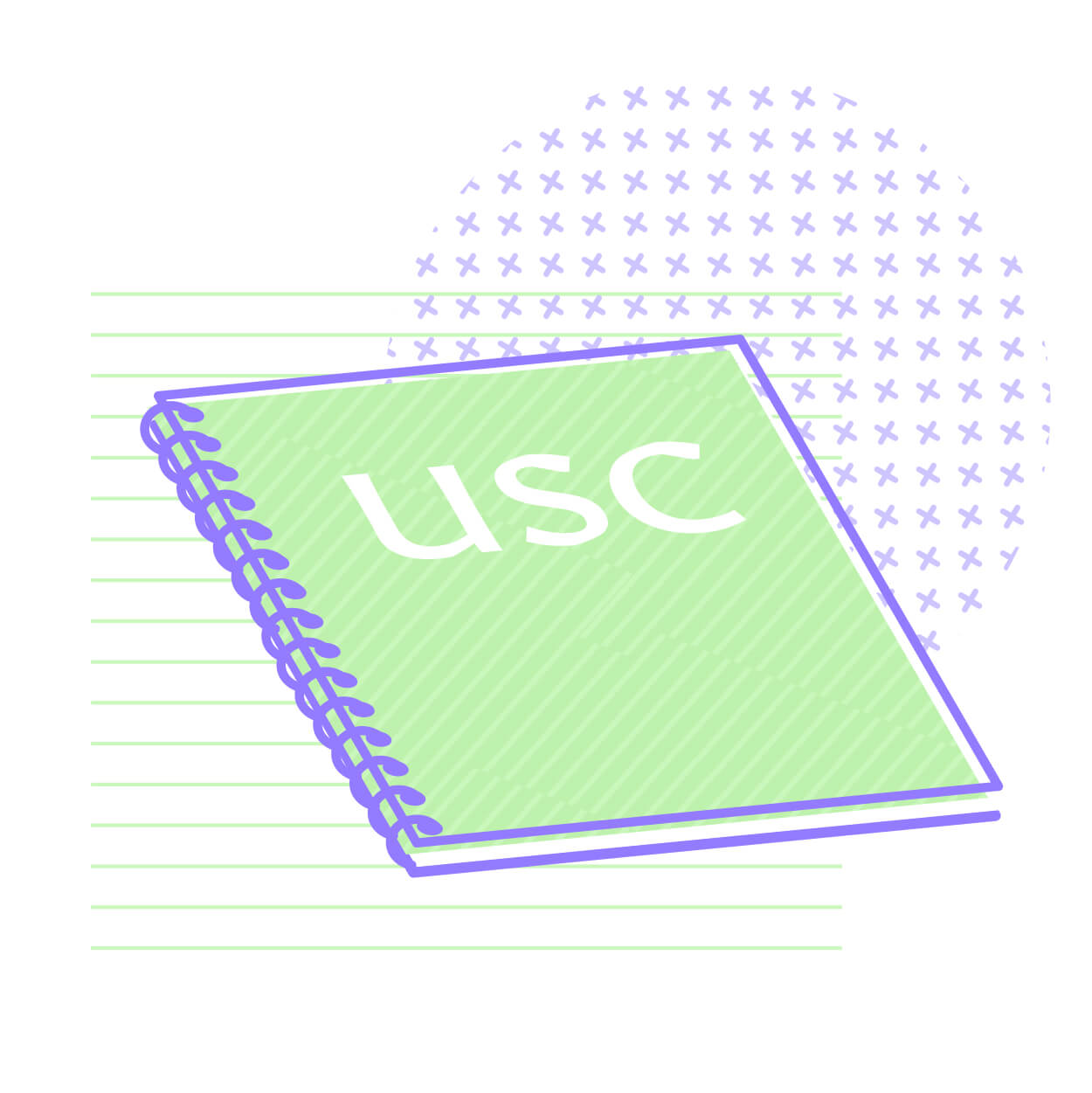
How do you prepare for meetings?
Handwritten notes, including a list of key things I want to cover. I always have a USC notebook with me to take down what happened and make a note of things to do in follow-up.
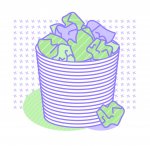
What are the biggest misconceptions people have about healthcare efficiency and processes?
They don’t realize that there is a great deal of waste. Many things are done — and costs created — that have no value. The U.S. healthcare system is the most expensive among developed countries and has the worst results. People are beginning to learn this lesson: The U.S. healthcare system doesn’t work well, but it could.
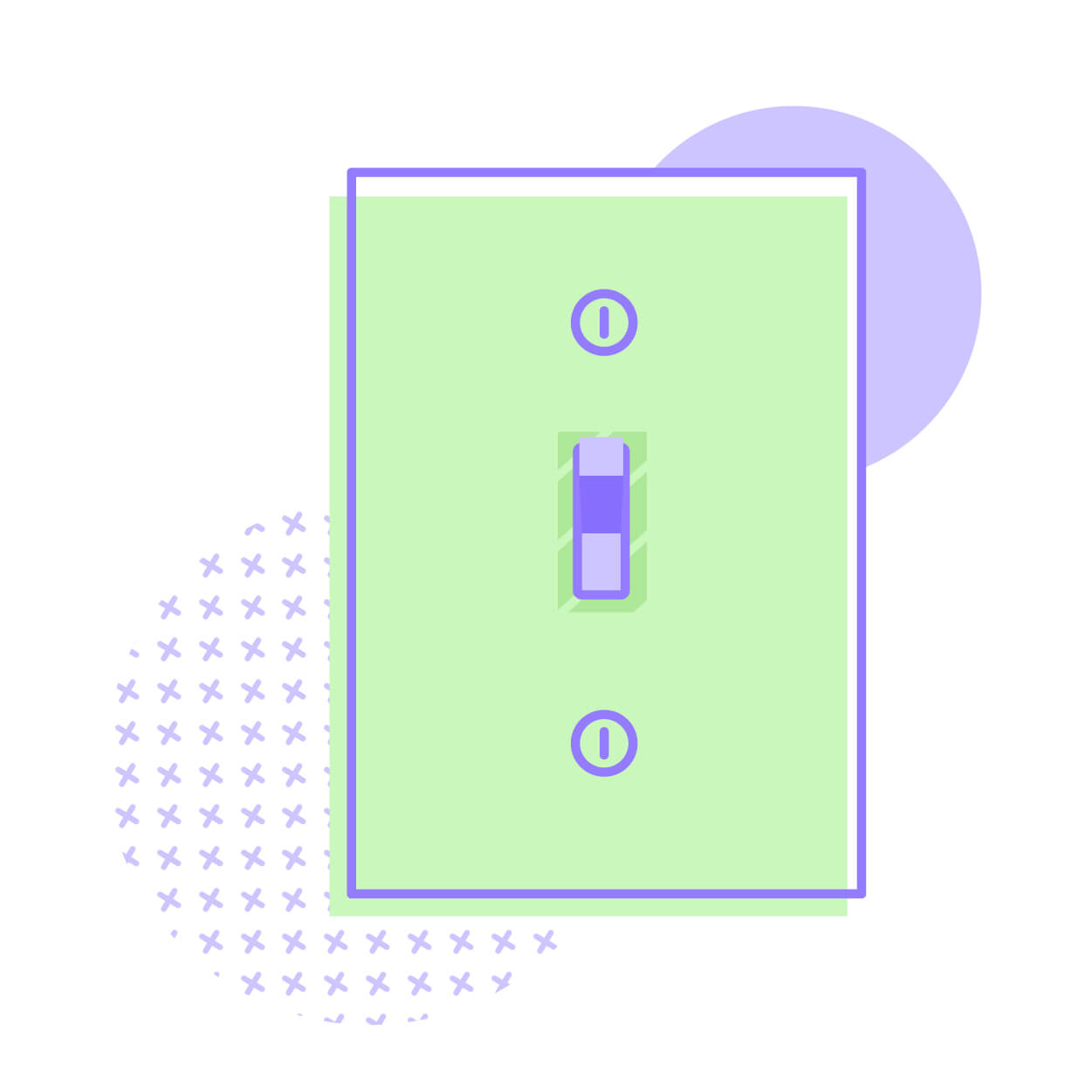 Has the examination of healthcare inefficiencies prompted you to conduct your own life differently?
Has the examination of healthcare inefficiencies prompted you to conduct your own life differently?
Well, I suppose I hate waste more now, because [reducing] waste is a big part of improving healthcare efficiency. I’m sort of a “policeman” at home regarding lights left on or water running more than necessary. My family complains — and maybe I overdo it at times.
What’s the biggest lesson you’ve learned in your work?
That so-called work can be fun, enjoyable. You have to be careful in selecting what you do, but it is possible to have work provide great satisfaction.
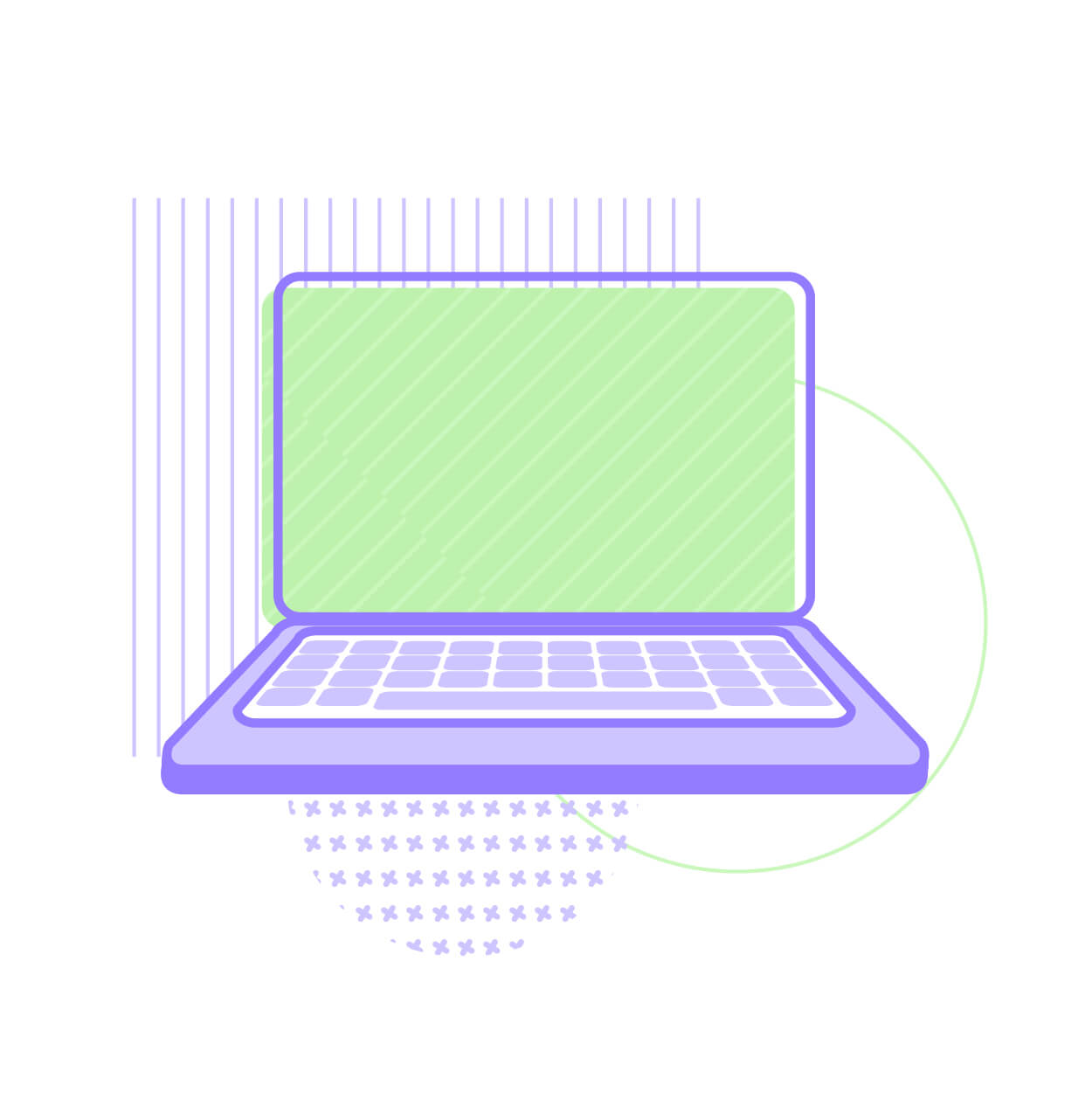 Where do you work best?
Where do you work best?
Often, though not always, in front of a computer. They are portable, and I can work anywhere, but mostly at my home office.
What do you love most about your work?
That the results of my work are helpful to people, and that it makes the world a better place, even if only in a small way. In teaching at USC, I love the fact that I have impacted people’s lives for the better.
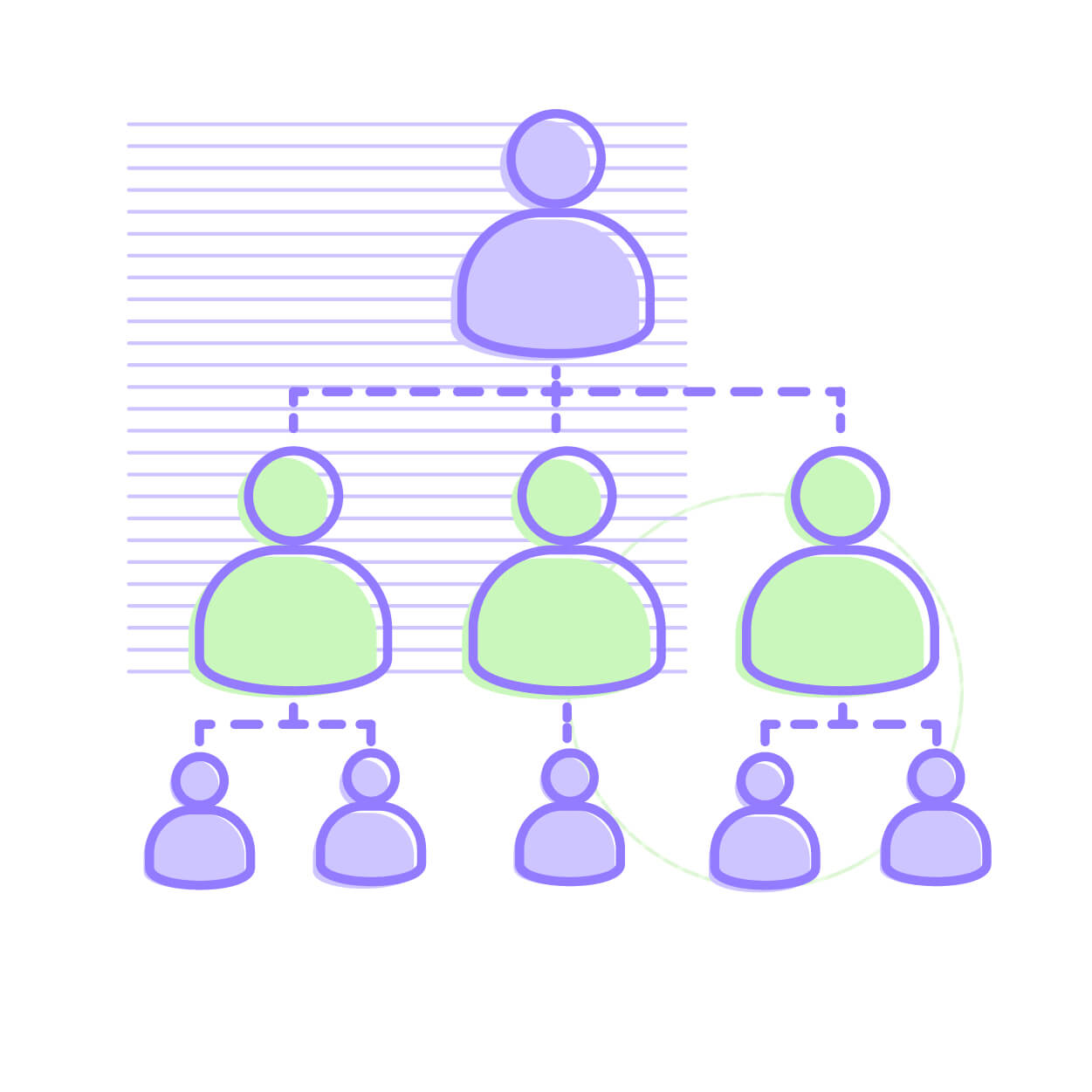 What do you find most challenging about your work?
What do you find most challenging about your work?
I am not good at dealing with bureaucracy — organizational rules and expectations by bosses.
Which tools are essential to completing your work?
Depends on the particular work to be done. Preparation is key for most things.
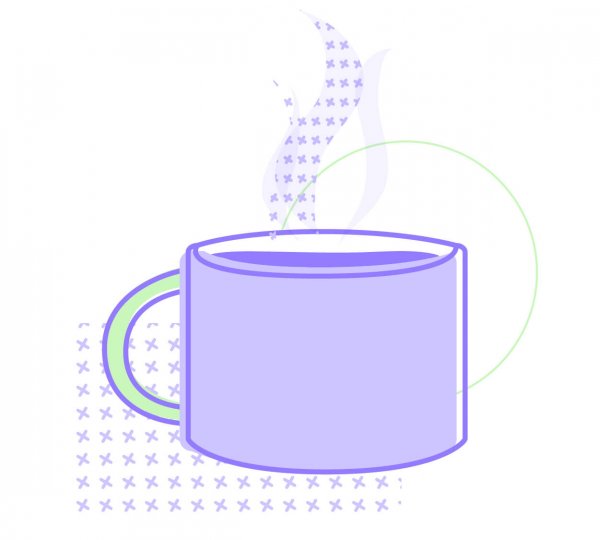 Indispensable apps, tools or websites you rely on?
Indispensable apps, tools or websites you rely on?
Coffee and my laptop
Daily motivation or inspiration?
That I enjoy what I do.
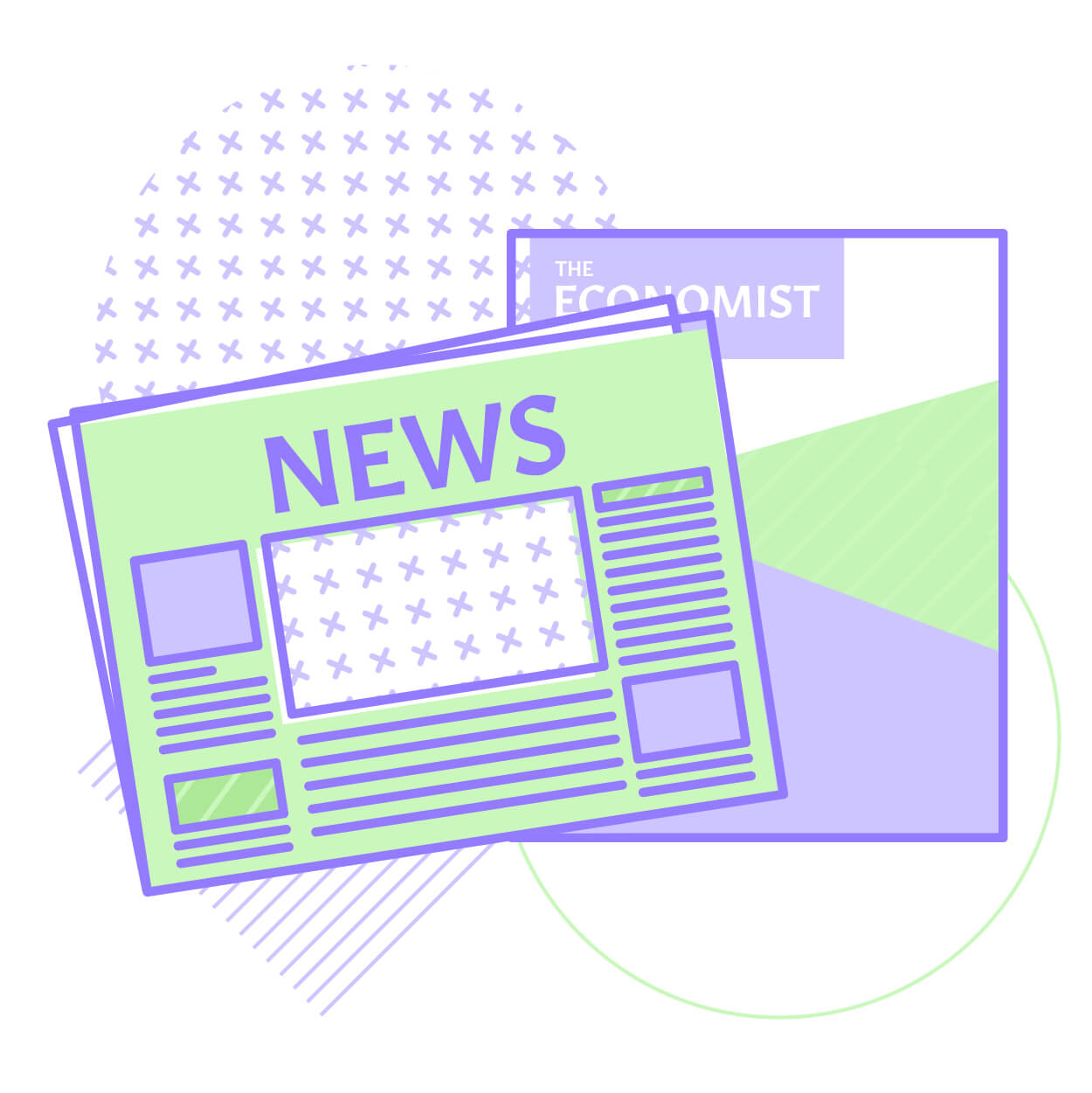
Current reading list and/or favorite publications?
The Economist, New York Times, Wall Street Journal, L.A. Times
Is there a long-term goal you’d like to tackle?
I am working on getting a new degree started in the engineering school focused on industrial engineering (my field) and healthcare.
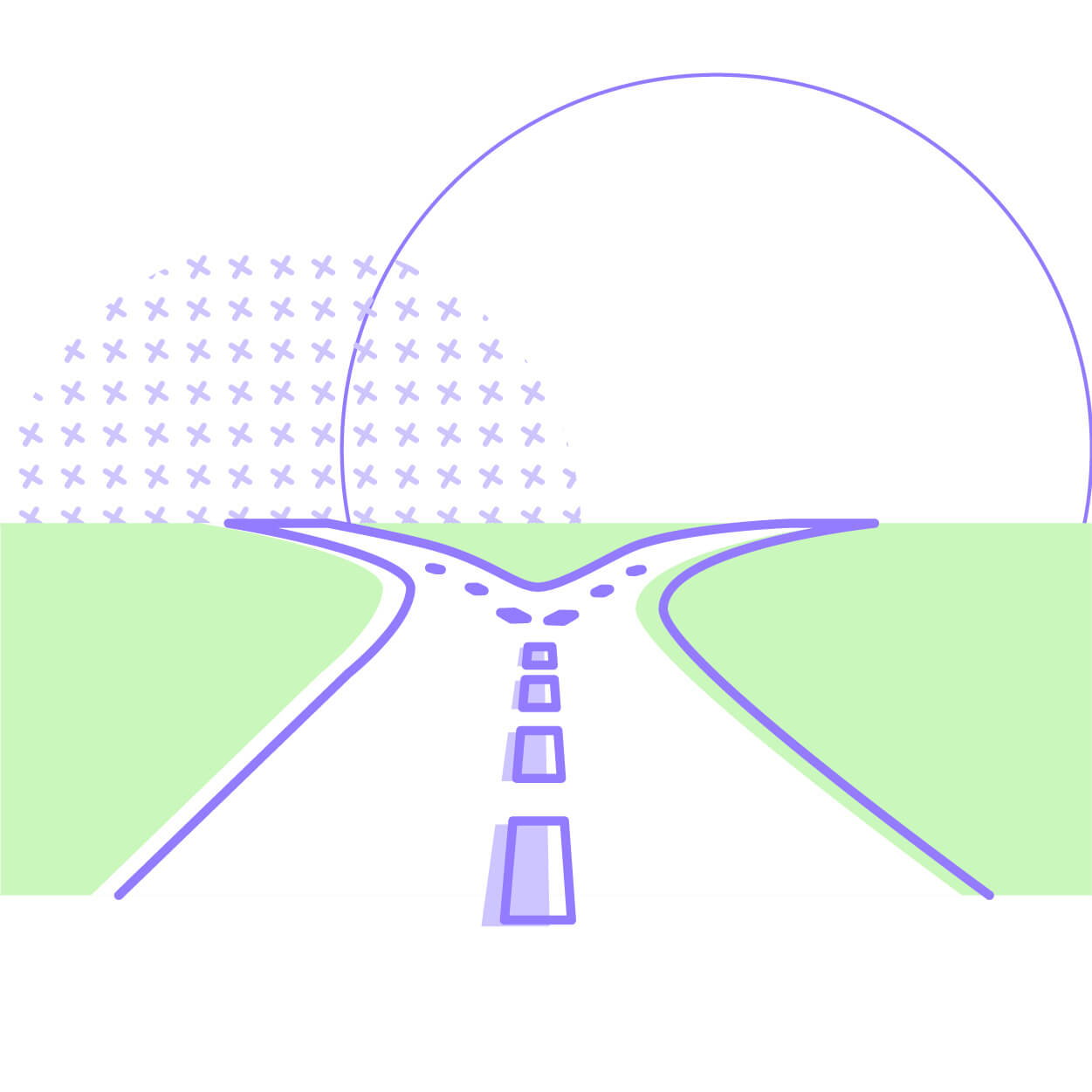 What advice would you give to the younger you?
What advice would you give to the younger you?
Know that your career path will take many changes. Keep in touch with people.
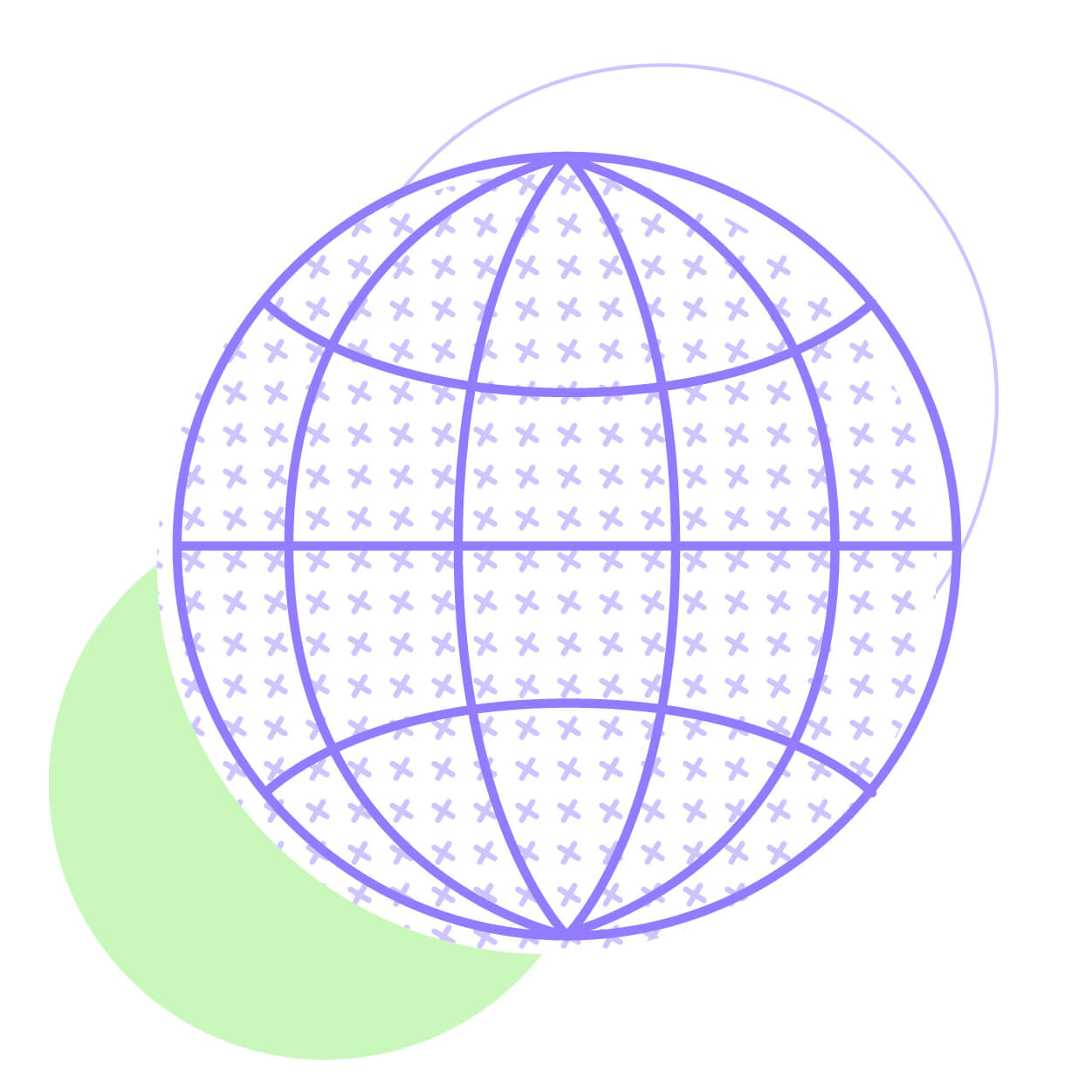
Worst advice you’ve ever received?
Years ago, while at USC, my boss told me not to spend my time with the internet. He said it’s just “a toy for academics.” I felt that he was wrong (boy, was he), but I spent too much time fighting him rather than moving on. This was very early on in the development of the Web, and lots of new ideas and businesses were starting. Had I followed my convictions rather than fighting authority, I’d probably be rich.
Best daily habit?
It’s hard to say. I like to avoid setting habits, because some habits can prevent reacting to the need for change. At the same time, consistency is important, meaning that once you land on a best practice, it’s important to follow it, particularly in complicated systems like healthcare.
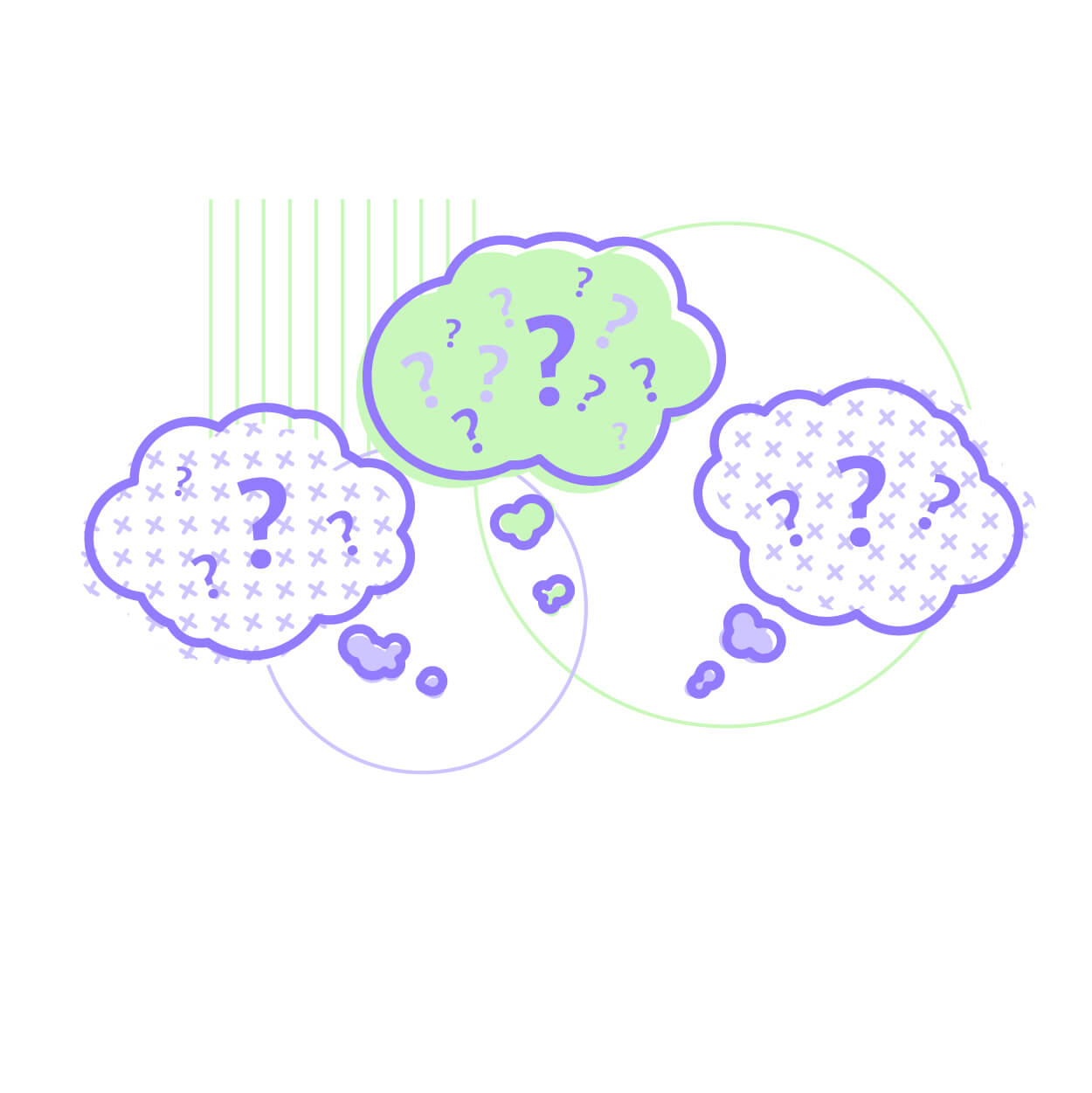 Worst daily habit?
Worst daily habit?
Worrying about things over which I have no control. This seems to happen mostly at night, but I’ve recently realized that the mindfulness concept can be very helpful.
How do you decompress?
I watch TV and read. I am currently reading Full Catastrophe Living by Jon Kabat-Zinn. For relaxation, I like detective novels like A Death in Vienna by Frank Tillis. On television, I like Dark, a German mystery series with some supernatural elements.
Career highlight so far?
The best is yet to come, I feel.
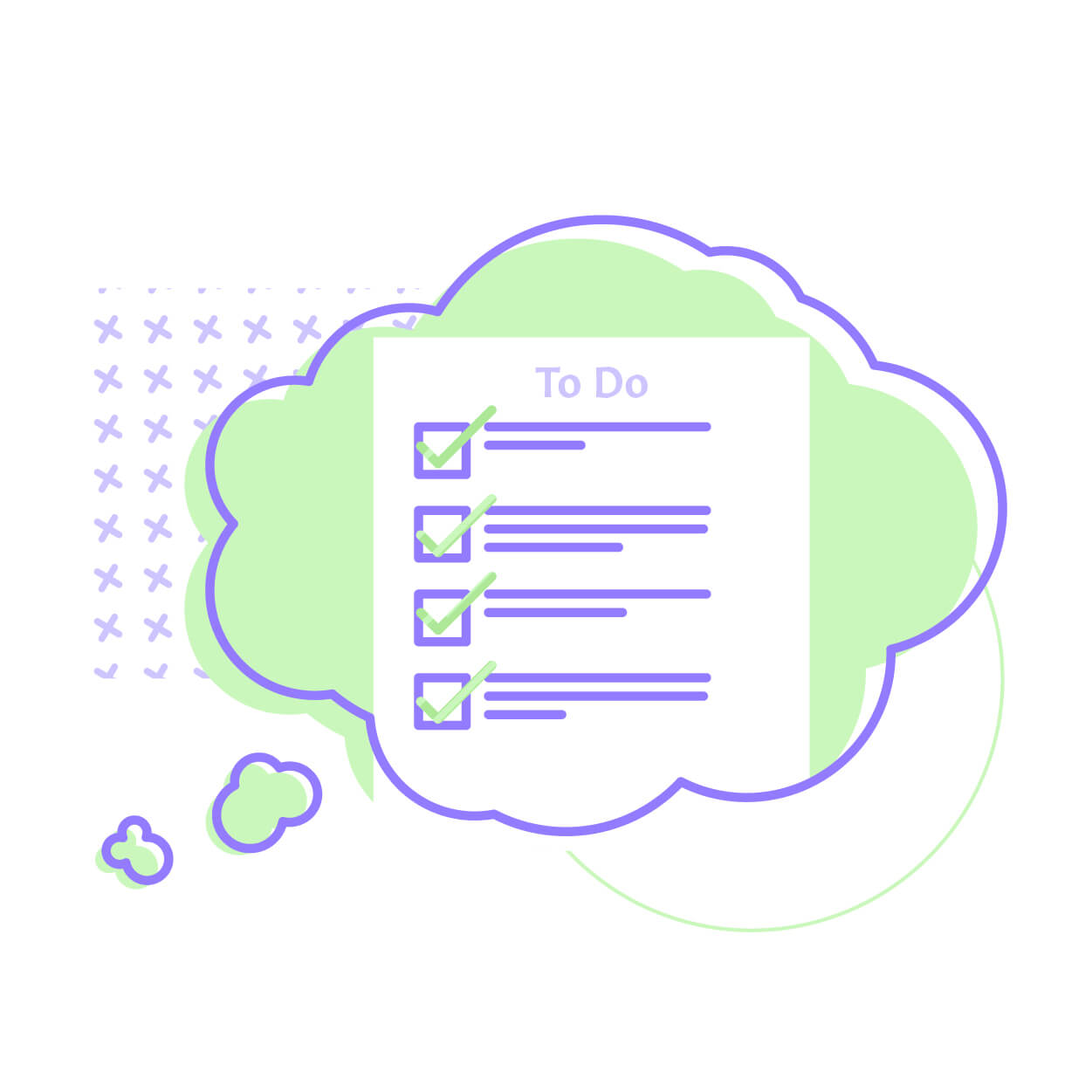
How do you assess if it’s been a good day?
I can point to things done, accomplished, and feel like I’m in a better place than before the day started.
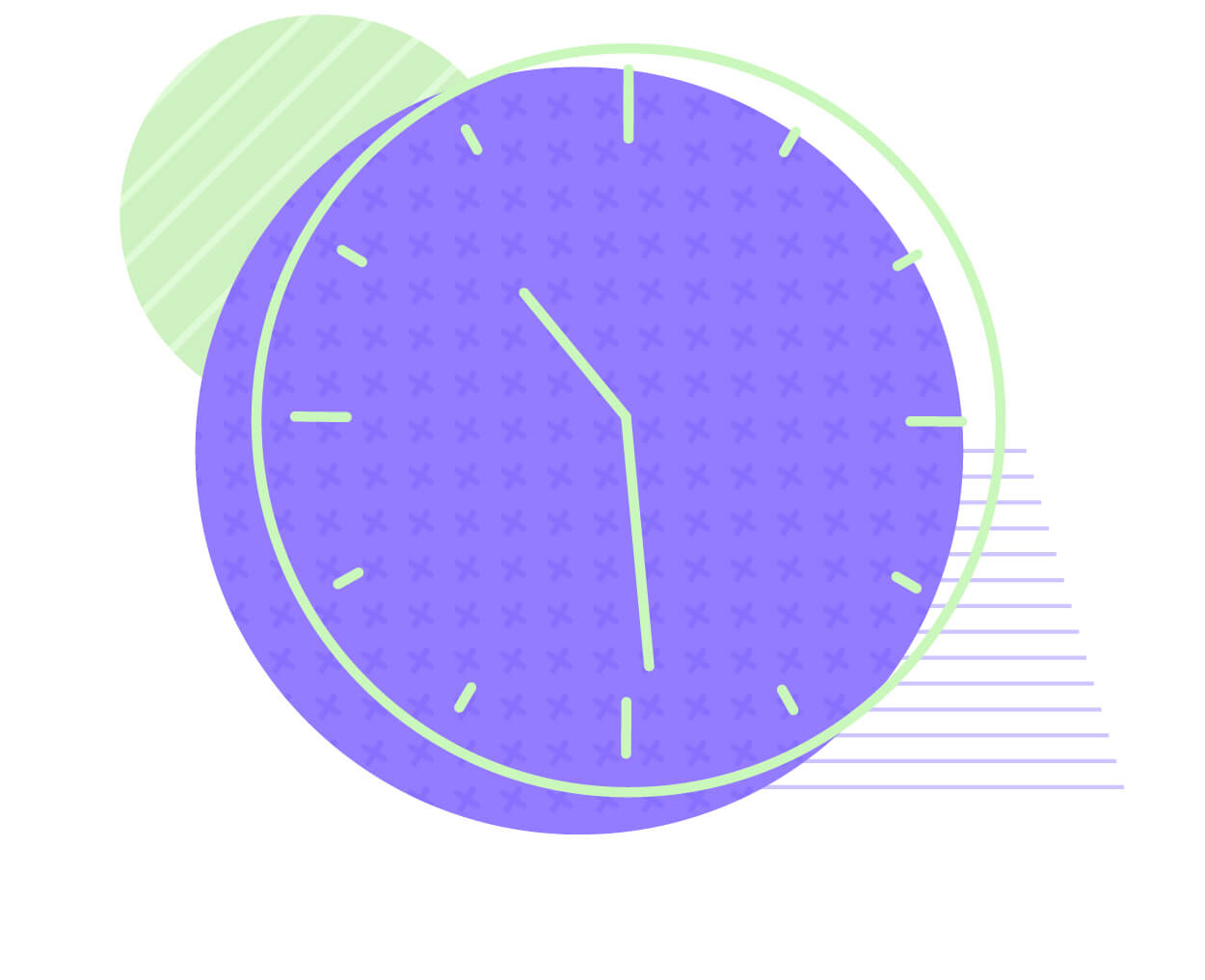
What time do you go to bed?
Around 10:30 p.m.



